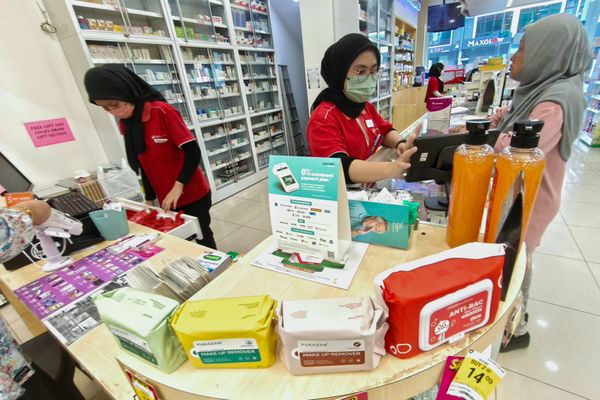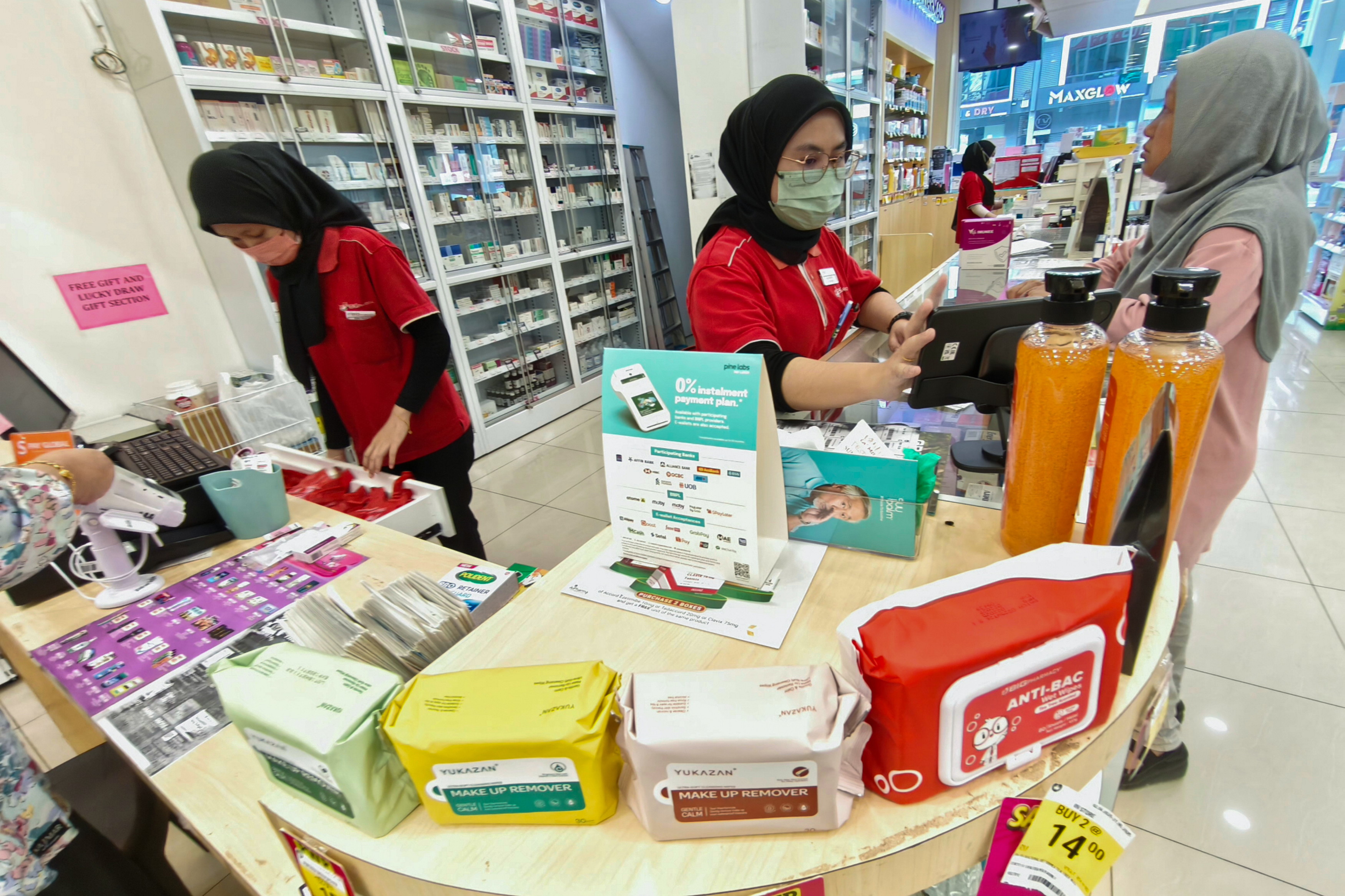PUTRAJAYA, Aug 8 — The Federation of Malaysian Consumers Associations (Fomca) has welcomed the government’s move to mandate detailed disclosure of prescriptions and medical bills in private healthcare facilities, calling it essential to protect consumers from hidden charges and promote ethical medical practices.
Its chief executive officer Dr Saravanan Thambirajah said the measure does not undermine doctors’ professional rights but ensures patient-centred care.
“Studies show that capping medicine prices could save consumers 40 to 50 per cent, revealing significant hidden costs that fairer billing can address,” he said.
Highlighting rising private healthcare spending, both insurance-covered and out-of-pocket, Dr Saravanan stressed that transparency is both fair and fiscally necessary.
Citing a study of employer-insured patients from 2016 to 2019, he noted that consultation fees rose 113.9 per cent while drug costs and quantities declined, indicating a shift to less visible profit strategies.
“Detailed billing can curb hidden charges and encourage ethical practices,” Dr Saravanan said.
Vulnerable groups like the elderly, chronic patients, and low-income earners, have long suffered from an opaque system.
“This reform restores their rights, curbs profiteering, and aligns our healthcare with international standards. It is a bold move by the Domestic Trade and Cost of Living Ministry and the Health Ministry to protect public interest,” he said.
Dr Saravanan urged the government to uphold the policy despite industry pressure, emphasising that healthcare is a social responsibility, not merely a profit-driven business.
He explained that Malaysia’s dual healthcare system comprises a subsidised public sector alongside a market-driven private sector, where out-of-pocket payments remain high.
“Almost half of national healthcare spending is borne by consumers, with about 35 per cent paid out-of-pocket, exposing them to non-transparent practices,” Dr Saravanan said.
Medical cost inflation in Malaysia surged to 12.6 per cent in 2023, more than double the global average of 5.6 per cent, driven by unchecked private sector charges.
“Prices for common medicines in the private sector can cost several days’ wages,” he warned.





